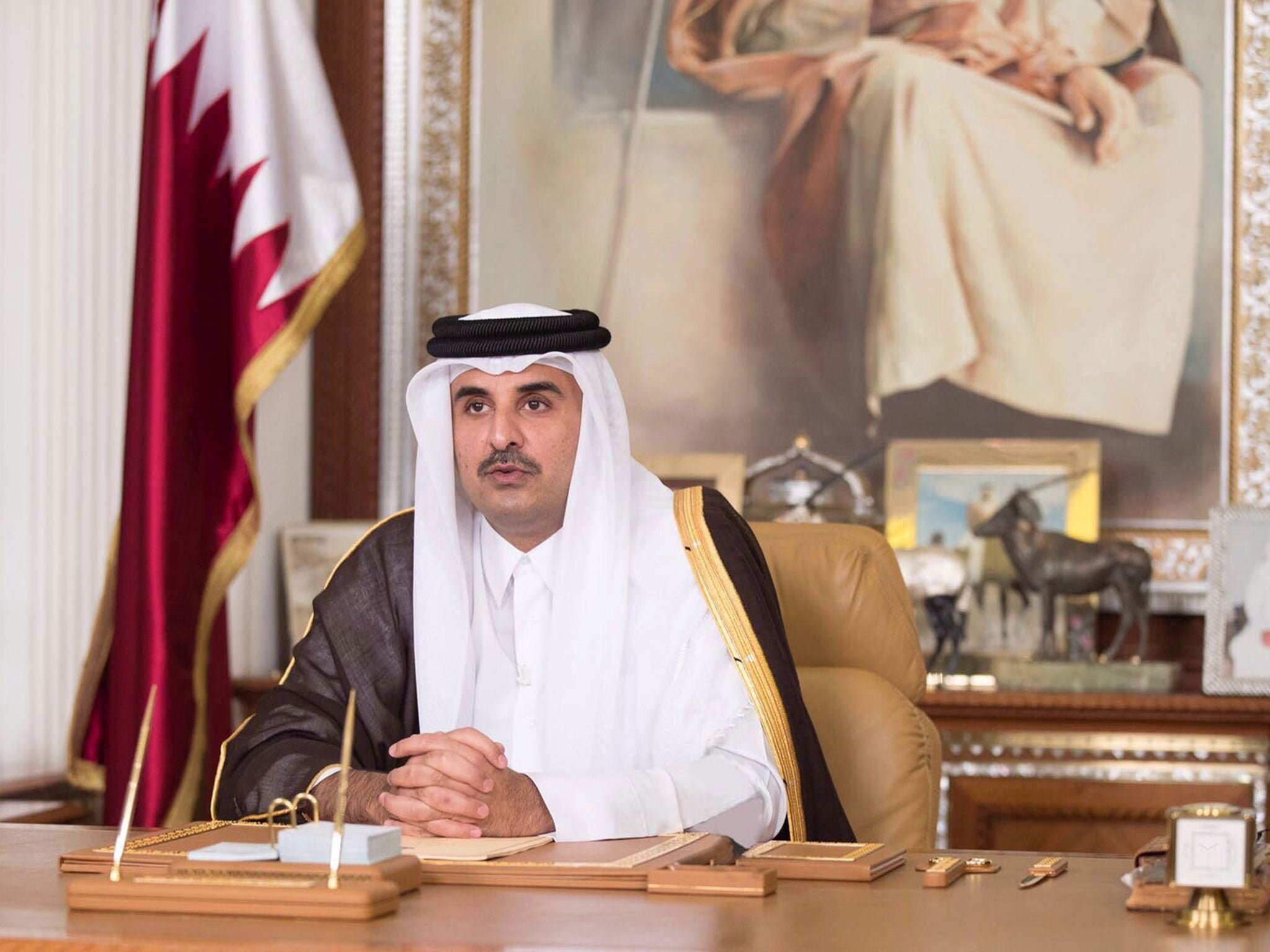Qataris are about to do something they have never done before – hold a general election
The vote is as noteworthy for merely taking place as it will be for any shock result, writes David Harding


Qataris go to the polls on Saturday in what has been described as the country’s first “general election”.
That might be a very generous description of what is about to happen, but the candidates’ posters are up, the campaigning is well under way and, at the weekend, Qataris will do something they have never done before – elect people to the country’s Shura Council.
The council is Qatar’s most senior advisory body and can approve government policies and the country’s budget. However, it does not have a say on issues such as defence and security.
No great shake-up of Qatar’s highly centralised political system is expected from the vote, where Emir Sheikh Tamim bin Hamad al-Thani is head of state and head of government.
In total, 30 seats on the 45-strong council are up for grabs, with the country’s leader, Sheikh Tamim, appointing the rest. But the vote is as noteworthy for merely taking place as it will be for any shock results.
It has been a long-anticipated reform, first highlighted back in 2003, but only now taking place. Only Qataris, who make up around 10 per cent of their own country’s population, will be able to vote – despite ministers’ assurances that the council will represent all who live in the country.
Even the numbers of Qataris able to cast a vote have been restricted, with a controversial law barring “naturalised” Qataris from going to the polls. This has been called discriminatory by Human Rights Watch, and has led to rare protests in Doha by one group affected by the laws, the al-Murrah tribe, as the law basically restricts voting to those Qataris who had family in the country before 1930.
Other Qataris have gone online to complain that some candidates were pulled from the race to the Shura, despite still wishing to stand. Almost 250 people are standing, including some 29 women, across 30 constituencies.
As important is what the vote says to those outside the country, looking on. Any semblance of democracy, no matter how limited, will cause an anxious glance from neighbours and sometimes rivals, especially Saudi Arabia and United Arab Emirates, who tend to keep an eye on things happening in Qatar, and occasionally take great offence at events there.
And the vote comes just in time before Qatar becomes a global centre of attention. In just 14 months, the 2022 World Cup starts in Doha. The much-criticised Gulf state will be under further international scrutiny throughout the lead-up to the tournament, but it can now point to Saturday’s vote as an example of major reform.
Yours,
David Harding
International editor
Join our commenting forum
Join thought-provoking conversations, follow other Independent readers and see their replies
Comments
Bookmark popover
Removed from bookmarks